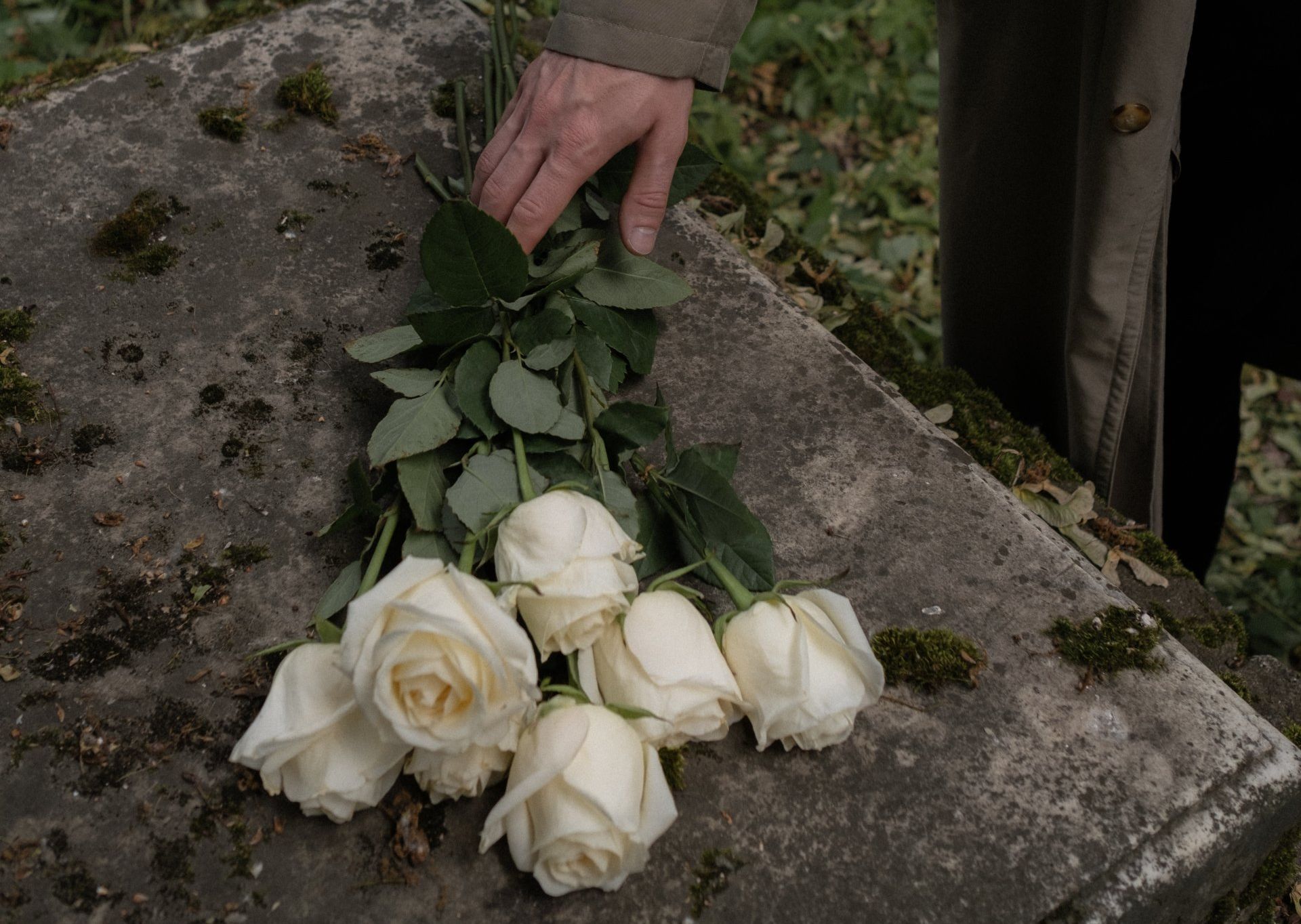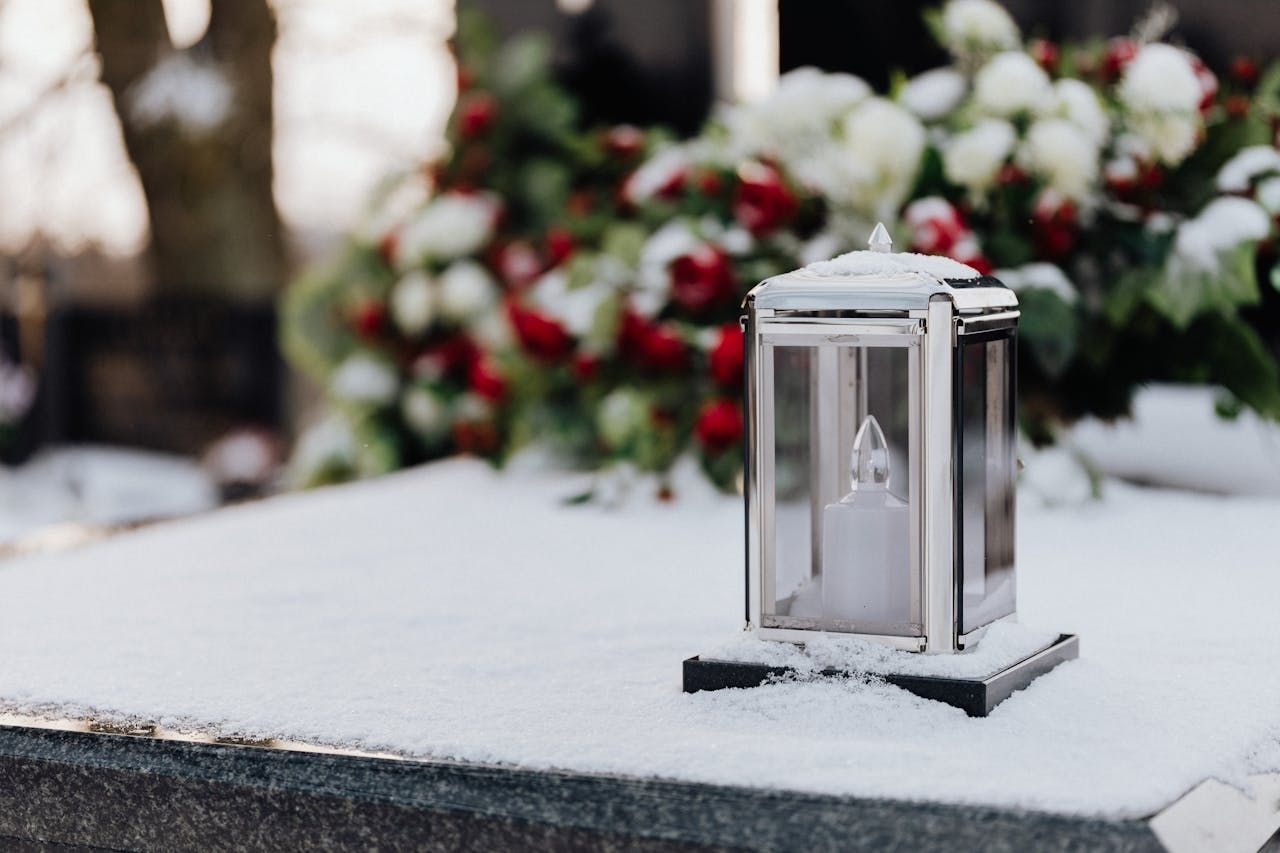Understanding Grief and Loss

Grief and Coping
How should you feel after losing someone you love? Grief is the response to loss, but does everyone experience it the same way? Actually, grief can cause us to feel many different emotions over time, even some that might not seem to make sense. People experience grief in various ways, and there is no wrong way to grieve. Even people in the same family may feel differently after they’ve suffered the same loss. Grief can feel unending, but there are ways to come to terms with it, understanding it and learning to cope.
Common Responses to Loss
We use certain terms to describe our response to loss, and the words “grief”, “mourning”, and “bereavement” are often used interchangeably, though they mean slightly different things. Grief is the emotional response to loss, while mourning is the process of adjustment after a loss, and bereavement is the time spent in grief and mourning. You may have heard of the five stages of grief: denial, anger, bargaining, depression, and acceptance. These are the findings of psychiatrist Elisabeth Kübler-Ross, but they do not cover everything you might experience after a loss. Kübler-Ross herself stated that the stages were just meant to sort messy emotions into packages so that people could better understand them, but that there is no such thing as typical loss. Common responses to loss include:
- Emotions : The emotional response to grief can be a roller coaster, veering from one feeling to another. Shock, disbelief, numbness, sadness, denial, despair, anger, anxiety, or depression can all be symptoms of grief. Some people feel all of these things, while others feel only a few. You might keep expecting the person who has died to show up, and you might cry at the slightest reminder, or even without knowing what is causing you to cry.
- Thoughts : It may feel difficult to concentrate, and you may be unable to think about anything other than your loss. You may think of things you could have done differently or things you didn’t say, and this can cause feelings of guilt. In some cases, a person who is grieving may experience hallucinations, seeing or hearing things that others do not.
- Physical Symptoms : You might think of grief as purely emotional, but it is not unusual to experience physical issues. You might feel fatigued or nauseous, and your immunity may be lowered, causing you to catch frequent viruses. You may feel aches and pains, be unable to sleep, or have unexpected weight loss or weight gain. It is not uncommon for a grieving person’s throat or chest to feel tight or heavy, and grief can also cause dizziness, headaches, numbness, muscle weakness or tension.
- Behaviours : When you are grieving, you may act in ways that are counter to your normal behaviour. You might feel irritable, and lose your temper easily. You might feel listless and not want to do anything, or you might find that you have restless energy and feel you need to be more active than usual. You may find yourself questioning long-held beliefs and philosophies, experiencing your religion, faith or spirituality differently than you usually do. You may also find that you are not interested in your usual activities.
Does Grief Ever Go Away?
In the midst of something as tumultuous as grief, it can feel like it will never end. Fortunately, grief does eventually fade. You may never entirely stop missing your loved one or feeling the loss, but it will not always feel as unbearable as it does in the beginning. Grief is deeply personal, and there is no set timeframe to experience it, but there are certain steps you can take to begin to adjust to grief and find your path towards healing.
- Accept that the loss has happened . Sometimes, having a funeral or memorial service can help you come to terms with your grief, finding acceptance and closure.
- Allow yourself to feel what you are feeling . Appreciate that your grief will be unique and that there is no wrong way to experience it.
- Find ways to stay connected . Keep your loved one’s memory alive by talking about that person, doing things you used to do together and maybe holding on to something that belonged to him or her.
- Seek support . There are many different ways to find support and comfort, whether that’s through your faith community, your friends or a support group. If you feel your grief is becoming depression, seek the help of a therapist.
- Take care of yourself as you find a way to move forward . Gradually, find ways to adjust to life without the person you have lost, so that you can move on. Participate in hobbies and other activities that interest you, connect with other people and take care of your physical health.
Assistance During a Time of Loss
Sometimes, having a funeral for a loved one can be the first step on the road towards healing. When the time comes, you can trust Bridgwater Funeral Services Limited to provide you with compassionate, caring assistance. Founded in 2002 by Nigel Gillard, Bridgwater Funeral Services Limited, in the centre of Bridgwater, Somerset, is a family business that provides personal service 24 hours a day, 7 days a week. Nigel has been working in the funeral business for over 15 years, and his daughter Corrinne Foster, who is the highest qualified Funeral Director in the area, assists in running the business. We are committed to taking care of all funeral arrangements, welcoming our clients into a professional, friendly environment, with a luxurious waiting room and a beautiful Chapel of Rest. We offer Green and Woodland burials, horse-drawn funerals, military funerals, and services in all religious denominations as well as non-religious and humanist life celebrations. We also offer low-cost funerals and Golden Charter pre-paid funeral plans. If you have queries about the services we offer, or you just need help and advice, please do not hesitate to call us at 01278 457755 , pop into our office on Bristol Road, or contact us through our website.



